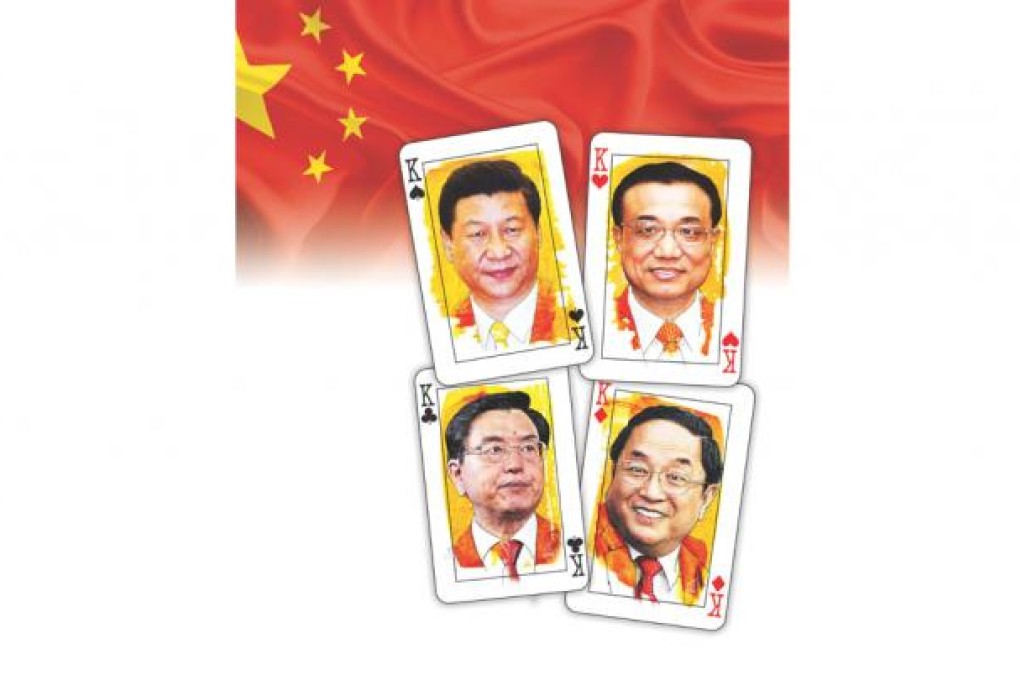Naming new leading officials will complete the transition of power
Two annual meetings next week will not only formalise the top tier of new leaders, but shuffle other contenders into prominent positions

The annual sessions of the National People's Congress and the Chinese People's Political Consultative Conference starting next week will not only formalise the transition of power to the fifth generation of leaders, but decide who will be filling most vacancies among leading officials.

But the two meetings will also decide who will take the reins in other key areas of government. Depending on their backgrounds, experience and allegiances, the new officials could influence governance and policy in important ways.
A sweeping government reshuffle and accompanying changes in its advisory body, the CPPCC, will be endorsed at the annual session of the CPPCC, beginning in Beijing on Sunday, and the annual session of the NPC that kicks off two days later.
At least three other members of the seven-man Politburo Standing Committee formed in November - apart from Xi and Li - will be endorsed to fill senior positions. Zhang Dejiang the party's No 3 figure, is expected to replace Wu Bangguo as NPC chairman, Yu Zhengsheng, No 4 in the hierarchy, is tipped to succeed Jia Qinglin as CPPCC chairman, and former Tianjin party chief Zhang Gaoli most likely will be named executive vice-premier.
The most-anticipated reshuffle next month will be that of the cabinet, with Wen, his four deputies, five state councillors and many of its 27 ministry and commission heads either retiring or being promoted.